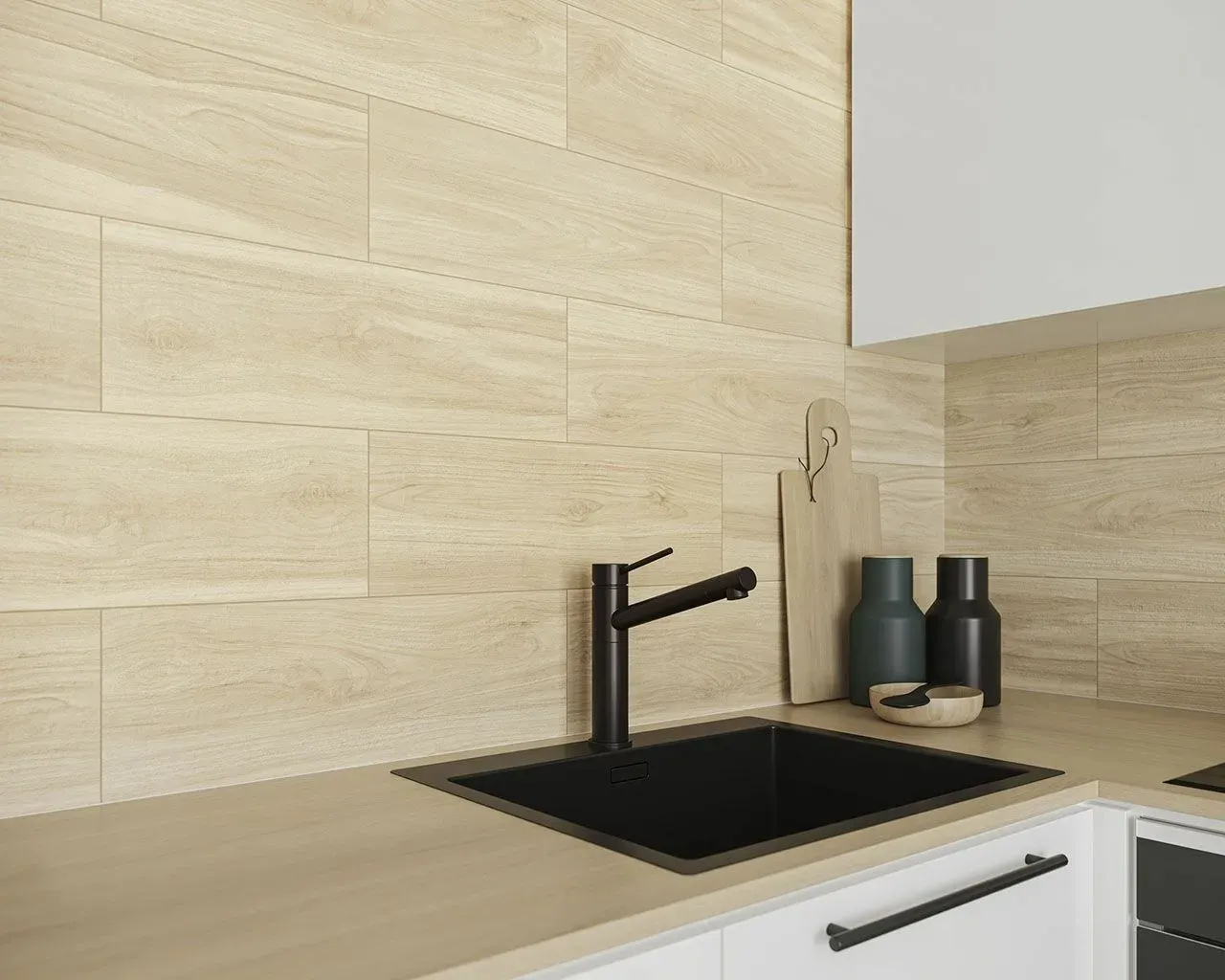commercial kitchen flooring epoxy
The Benefits of Epoxy Flooring for Commercial Kitchens
In the fast-paced environment of a commercial kitchen, maintaining a clean and safe workspace is paramount. One of the critical elements often overlooked is the flooring. Traditional flooring materials might not withstand the intense demands of a bustling kitchen, from heavy foot traffic to spills of hot liquids and food products. Enter epoxy flooring—a resilient, durable solution that has become increasingly popular in commercial kitchens.
What is Epoxy Flooring?
Epoxy flooring consists of a combination of resin and hardener that, when mixed together, create a strong and durable surface. When applied to a concrete base, it forms a chemical bond that results in a seamless, non-porous surface. This is crucial in commercial kitchens where hygiene and cleanliness are top priorities.
Advantages of Epoxy Flooring in Commercial Kitchens
1. Durability One of the standout benefits of epoxy flooring is its durability. Unlike traditional flooring materials, epoxy can endure the heavy loads from kitchen equipment, foot traffic, and even the occasional dropped pot or pan. Its tensile strength makes it less likely to crack or chip under pressure, ensuring that your kitchen remains a safe and functional space for years.
2. Ease of Cleaning The seamless nature of epoxy flooring means there are no grout lines or joints where dirt and bacteria can accumulate. This makes cleaning a breeze. Regular sweeping and mopping are often enough to maintain its appearance and hygienic standards. Moreover, epoxy can withstand harsh cleaning products and high-pressure washings, essential for a commercial kitchen's cleanliness.
commercial kitchen flooring epoxy

3. Chemical Resistance Commercial kitchens deal with various substances, from grease and oils to acidic cleaning agents. Epoxy flooring is resistant to many of these chemicals, preventing damage and stains that could occur with other flooring options. This resistance not only helps maintain the aesthetic of the kitchen but also prolongs the life of the flooring.
4. Slip Resistance Safety is a significant concern in any kitchen, and epoxy flooring can be formulated to be slip-resistant. This is critical where spills are common, as it reduces the risk of slips and falls among staff members. Many epoxy flooring solutions come with textured finishes that enhance traction, contributing to a safer working environment.
5. Variety and Customization Epoxy flooring is not a one-size-fits-all solution. It comes in a wide range of colors and finishes, allowing kitchen owners to customize the look of their space. Whether you want a sleek, modern appearance or a more traditional vibe, epoxy can be tailored to meet your design preferences.
6. Cost-Effectiveness While the initial installation cost of epoxy flooring may be higher than some alternatives, its longevity, minimal maintenance requirements, and resistance to wear and tear make it a cost-effective choice in the long run. Businesses can save money by avoiding frequent replacements or repairs.
7. Quick Installation Time is money in the restaurant industry. Epoxy flooring can often be installed relatively quickly, minimizing downtime in the kitchen. Most installations can be completed in just a few days, allowing businesses to resume operations without lengthy interruptions.
Conclusion
In summary, epoxy flooring stands out as an excellent choice for commercial kitchens. Its combination of durability, cleanliness, slip resistance, aesthetic flexibility, and cost-effectiveness makes it an ideal flooring solution. When looking to upgrade or replace kitchen flooring, consider the benefits that epoxy offers. Not only will it enhance the overall appearance of your kitchen, but it will also contribute to a safer and more efficient workspace. With epoxy flooring, you can focus on what truly matters—delivering exceptional culinary experiences to your customers.
-
SPC FlooringJun.24,2025
-
Bathroom Wall CoveringsJun.24,2025
-
Why Dry Back LVT Flooring Is the Smart Choice for Modern InteriorsJun.05,2025
-
Transform Your Interiors with Elegant Luxury Vinyl Flooring OptionsJun.05,2025
-
The Rise of SPC Vinyl Flooring: A Modern Solution for Durable and Stylish SpacesJun.05,2025
-
Click LVT Flooring: The Perfect Blend of Style, Strength, and SimplicityJun.05,2025




